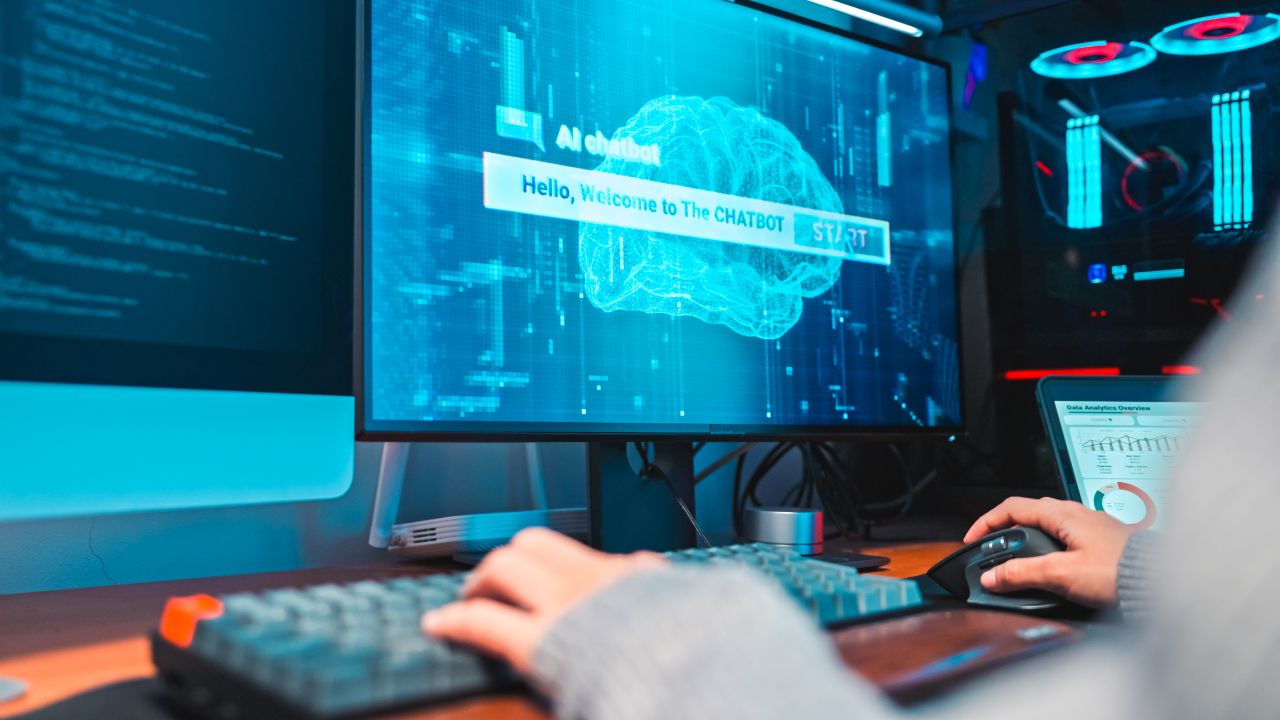
The Intersection of AI and Security: A Digital Frontier
The rise of Artificial Intelligence (AI) has ushered in a new era of technological advancements, but it has also introduced novel challenges and opportunities in the realm of security. These two sectors have become inextricably linked, shaping the way we safeguard our digital assets and privacy.

One of the most prominent areas where Artificial Intelligence plays an important role in security is in threat detection and prevention. AI-powered cybersecurity systems can analyze vast datasets at unprecedented speeds, identifying anomalies and potential threats in real-time. These systems can adapt and evolve, learning from previous attacks to bolster defenses against future threats. By doing so, they provide a proactive defense mechanism that can outmaneuver even the most sophisticated cybercriminals.
Furthermore, AI-driven authentication methods are revolutionizing how we safeguard sensitive information. Biometric recognition systems, such as facial recognition and fingerprint scanning, are powered by AI algorithms, providing highly secure and user-friendly authentication. These technologies not only enhance security but also streamline the user experience.
On the flip side, the use of AI in cyberattacks poses a significant concern. Hackers are increasingly employing AI to automate and optimize their attacks, making them more efficient and difficult to detect. This AI-driven cyber warfare necessitates constant innovation on the defensive side to stay one step ahead of adversaries.
AI also plays a critical role in protecting physical security. Surveillance systems equipped with AI can analyze video feeds in real-time, identifying potential threats and alerting security personnel. These systems can track unusual behavior, recognize faces, and even predict potential incidents, enhancing the overall security infrastructure.
However, the growing reliance on AI in security raises ethical concerns, including privacy issues and algorithmic bias. Striking the right balance between security and individual rights remains a challenging task for policymakers and technology developers alike.
In conclusion, the intersection of AI and security is reshaping the way we protect our digital and physical assets. AI-driven advancements provide robust defenses against evolving threats while introducing new ethical dilemmas. As we continue to embrace this in the realm of security, it is crucial to navigate this digital frontier thoughtfully, ensuring that our technological advancements benefit society as a whole.
